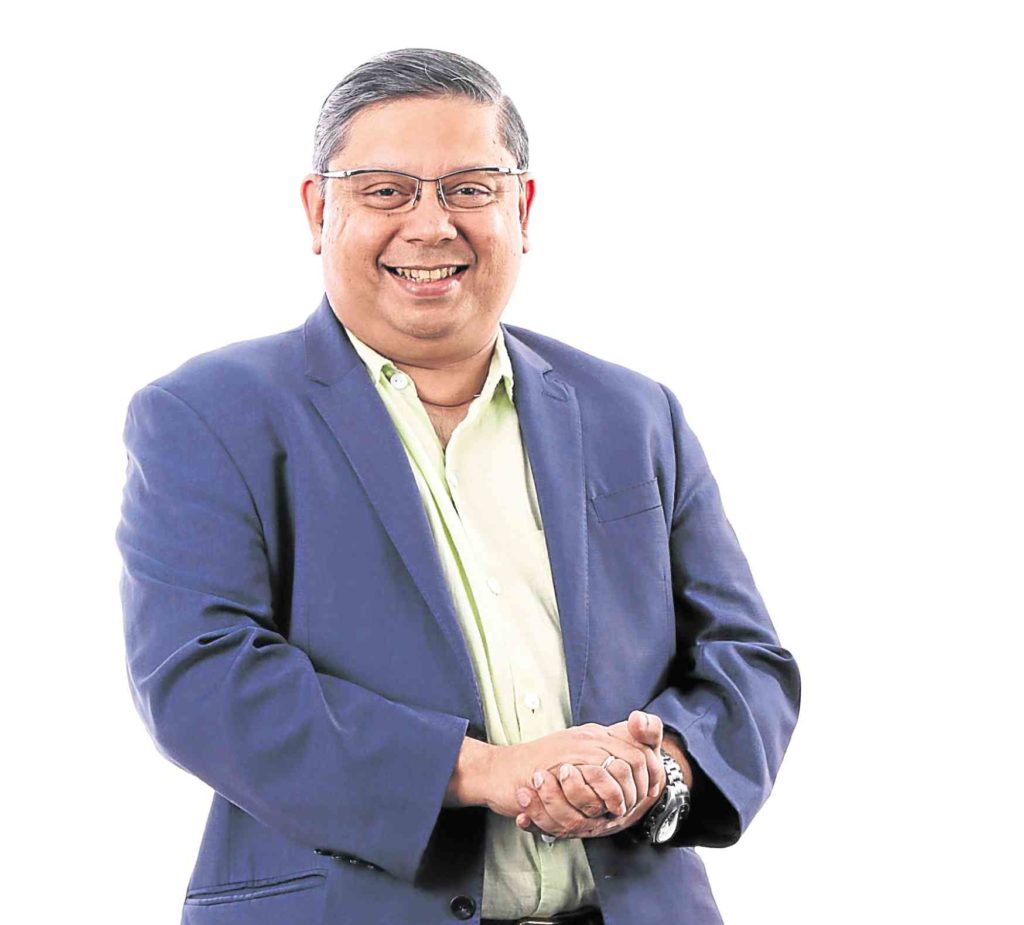Bancassurance is about selling insurance products inside bank premises to the bank’s clients.
To the insurance company, it is a new channel to reach new customers. To the bank, it is a cross-selling strategy.
Both the bank and the insurance company are benefited by this partnership via higher revenues and lower cost.
BPI-Philam Life Assurance Company is one of the leading bancassurance companies in the Philippines.
Its president, Surendra Menon, shares here his thoughts on how bancassurance operates.
Q: You are a bancassurance expert and have worked in different countries. What have been your lessons in terms of what worked and what didn’t in building a bancassurance business?
A: In building a bancassurance business, what worked is the strong collaboration with the bank. The bank’s leadership and buy-in of the staff across the board is critical to ensure that the business would be successful. Further, development of value propositions and products that are specific to the bank’s customer segments and utilization of the bank’s communication channels with the customers.
What didn’t work is trying to sell bancassurance as if you are an agent, that is, using an agency model in bancassurance.
Q: Many insurance companies rely on agents to sell their products and maintain good client relationships but volume has slowly shifted to and is now dominated by the bancassurance channel. What are the most notable differences between these sales agencies and bancassurance entities?
A: First, the customer experience from point of sale to after sales is standardized for all customers, which would not necessarily be the case for an agency model. BPI-Philam in particular uses an institutional relationship management model where the company builds a direct relationship with our clients, so they are not agent-dependent. Second, the products of bancassurance are more segment-specific or tailored to the customers better. Third, customers can avail themselves of the products in any bank branch and experience the same service. Fourth, bank customers expect the bank to look after their interests, so there is a stronger sense of trust with the institution. Last, the bank manages the bancassurance business with a particular concern towards the bank’s overall reputation and therefore, puts much more resources to ensure that the reputation is protected.
Q: Only about 20 percent of insurance agents will produce sales after training. What’s your experience in bancassurance? How do you account for the difference?
A: One hundred percent of bancassurance sales people would be able to sell after training because the bank has already been able to identify or talk to customers in any given month on a consistent and continuous basis. Therefore, a lot more people are offered appropriate products in a bancassurance environment.
Q: What have you observed about successful sellers vs. those who have tried but didn’t make it?
A: Two key differences of successful sellers: Strong determination to succeed, their doing it for a higher purpose than money—want to help people.
Q: What makes people from countries like Singapore and Hong Kong buy more insurance than other countries? What can developing countries learn from how insurance and investment products are being marketed there?
A: What makes them buy more is because the infrastructure allows for more information to get to the population on important issues such as insurance and these are sent out or developed at a very early stage.
The development of the country depends on the education of the poor, and insurance plays a part in the eradication of the poor; hence, the government has supported the growth of the insurance sector both through private and government-provided insurance or social security.
What developing countries can learn from them is that knowledge at an early age helps people appreciate the value of having insurance—education and financial literacy is key. Positioning insurance in the overall financial planning of individuals or families is a must.
Q: Bancassurance disrupted the direct sales channel. Will online do the same to bancassurance eventually?
A: Perhaps, but at this point no online life insurance platform has been truly successful worldwide. Every system online has had some sort of human intervention for it to be successful. The role of online may change the way bancassurance is offered but won’t necessarily eliminate it entirely. —CONTRIBUTED


